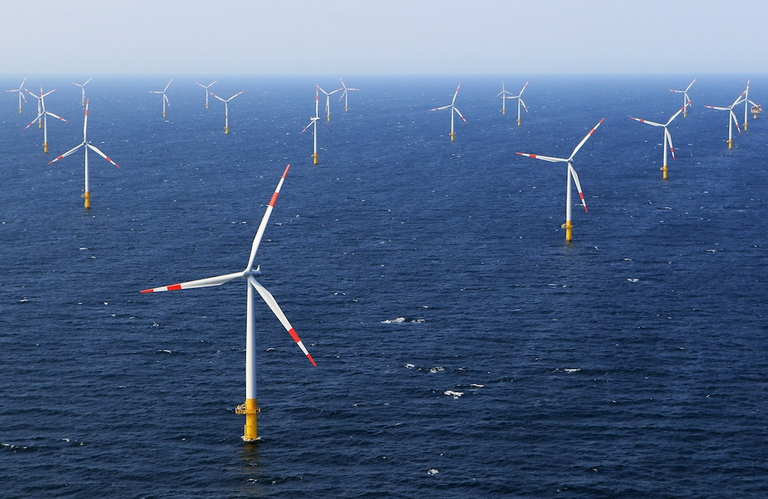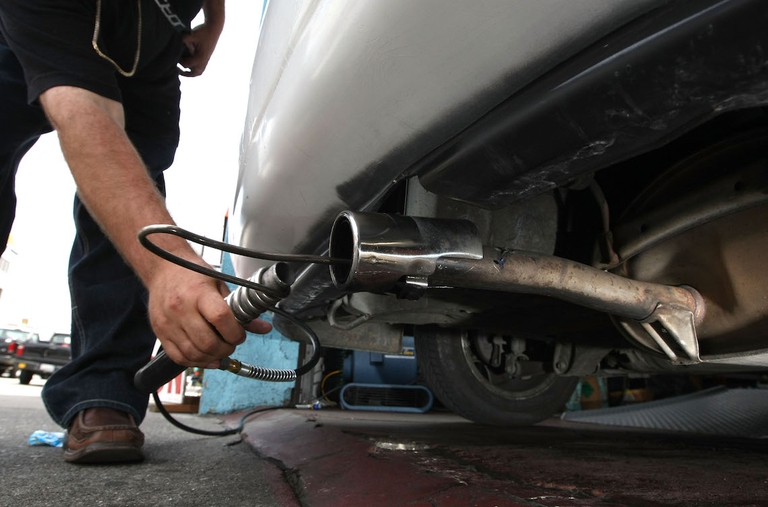
A report by Ember explains that in 2025 electricity generation from renewables (solar, wind and hydropower) surpassed that from fossil fuel sources.
Renewable sources, energy saving and the economic crisis have contributed to curbing CO2 emissions by a quarter compared to 1990 levels.
Greenhouse gas emissions in the European Union decreased by 4.1% in 2014 compared to the previous year and by 24.4% compared to 1990 levels, according to a report published by the European Environmental Agency (EEA). The report reveals that – in absolute terms – the EU’s production system avoided to generate 1,383 million tonnes of CO2 yearly into the atmosphere.
“It is positive – EEA Executive Director Hans Bruyninckx said – that Europe has been able to reduce greenhouse gas emissions substantially since 1990. It is an important step towards reaching our 2030 and 2050 climate targets. To accelerate the transition towards a low-carbon society, we need to further boost our investments in technology and innovation aimed at reducing our dependence on fossil fuels”.
According to the report, the greenhouse gas emission drop is linked to a series of factors, including the increased use of renewable energy and lower-impact fuel and a more efficient energy use. Economic incentives have also contributed to the CO2 emission drop. In particular, the study reports how the production systems have structurally changed over the years. But it also highlights that the economic crisis and the decline of production activities have given a strong impulse to the emission drop.
“Demand for energy to heat households has also been lower – the EEA says –, as Europe on average has experienced milder winters since 1990”. But not all sectors were able to reduce emissions. Road transport, for example, has not followed the positive trend: on the contrary, it has been responsible for the largest increase in CO2 emissions, grew by 124 million tonnes from 1990 to 2014 (7 million tonnes between 2013 and 14).
In the same way, the emissions generated by the international air and sea transportation have risen by 93 million tonnes. Emissions caused by increased use of cooling devices have grown by 99 million tonnes.
Siamo anche su WhatsApp. Segui il canale ufficiale LifeGate per restare aggiornata, aggiornato sulle ultime notizie e sulle nostre attività.
![]()
Quest'opera è distribuita con Licenza Creative Commons Attribuzione - Non commerciale - Non opere derivate 4.0 Internazionale.
A report by Ember explains that in 2025 electricity generation from renewables (solar, wind and hydropower) surpassed that from fossil fuel sources.
The Tyler Prize, considered the “Nobel Prize for the Environment,” has been awarded to Toby Kiers, an American biologist working in Amsterdam.
Belgium is one of the countries most exposed to climate change. Dune–dikes are a solution to curb sea-level rise.
Between October 2024 and September 2025, the average temperature in the Arctic was 1.6 degrees Celsius higher than during the 1991–2020 period.
Undeclared conflicts of interest, paid authors, lack of transparency: one of the most cited studies on glyphosate, published in 2000, has been retracted.
The Copernicus service has released data for the first eleven months of 2025: global warming is set to come close to last year’s record.
The European Council and Parliament have reached an agreement on the European Commission’s proposal to deregulate new GMOs. But farming, organic agriculture, and environmental organizations are calling for it to be stopped.
The world’s second-largest producer has taken a historic decision. However, farms will have until 2034 to shut down.
A Greenpeace report denounces Russia’s political and economic model: a nexus of extractivism, authoritarianism and war that is destroying the environment, with serious repercussions for the global ecosystem.









